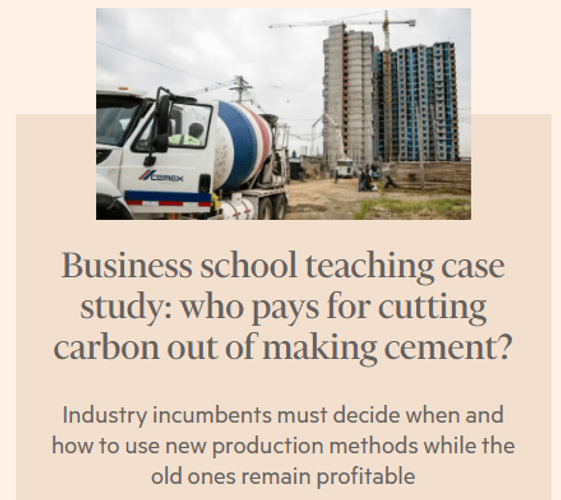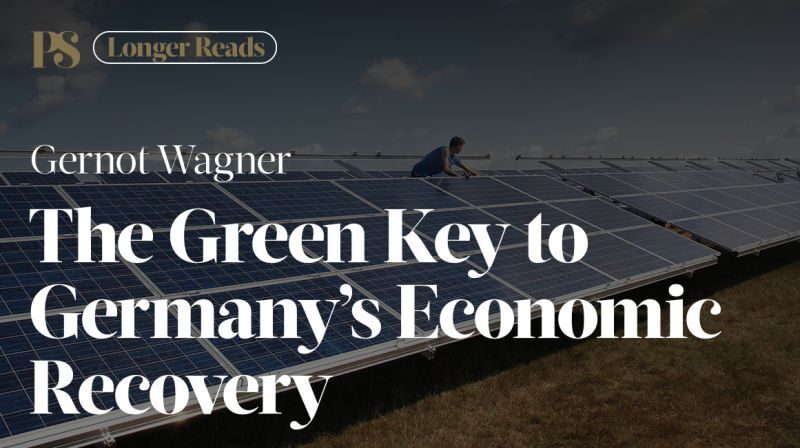CNET: "Should we dim the sun? Why we need to talk about solar geoengineering"
By Jackson Ryan

Interview on Geoengineering: the Gamble:
"It's not a replacement for cutting emissions," says Gernot Wagner, a climate economist at New York University who has spent several decades researching geoengineering. "We should be having this conversation right about now, and we should be doing the research."
Moratoriums and moral hazards
Paul Crutzen, a Dutch chemist and Nobel laureate, broached the idea of stratospheric aerosol injection in an essay 15 years ago, igniting a debate over SRM that continues to this day.Even though solar geoengineering had been floated for decades already (some trace it back to US President Lyndon B. Johnson in the 1960s), scientists barely spoke about it. They certainly weren't conducting the research. Crutzen's essay, Wagner says, lifted a "self-imposed moratorium" on discussing or researching the technology.
The silence around solar geoengineering was predominantly born of a fear that even speaking about it would create a moral hazard: If we had a technological solution like this, it could detract from efforts to cut carbon emissions, relieving pressure on the fossil fuel industry and politicians.
Where do we go from here?
Scientists and researchers, like Wagner, aren't advocating for solar geoengineering projects to be deployed on a planetary scale. [...] The urgency isn't in deployment but in basic research.
Quotes in "Should we dim the sun? Why we need to talk about solar geoengineering" by Jackson Ryan, CNET, 3 November 2021.


